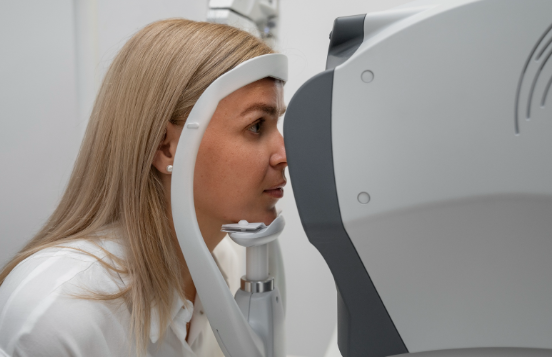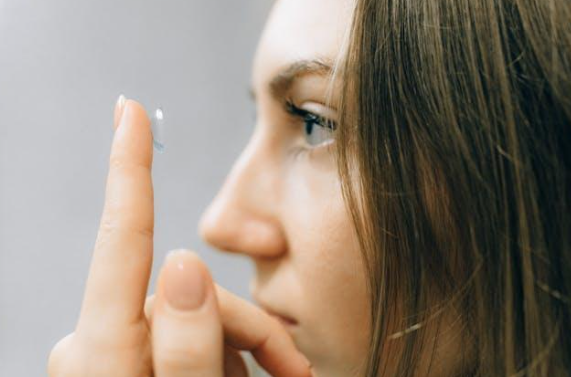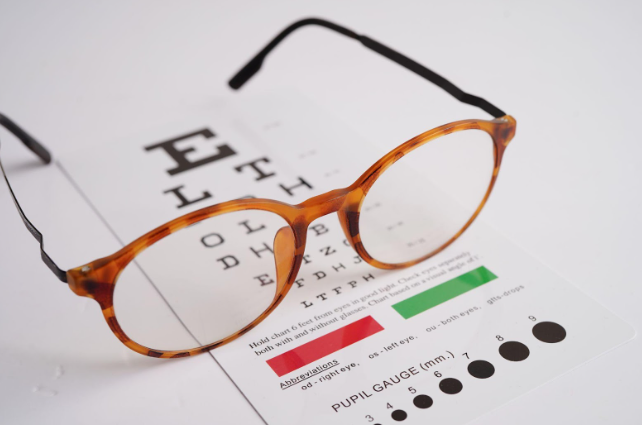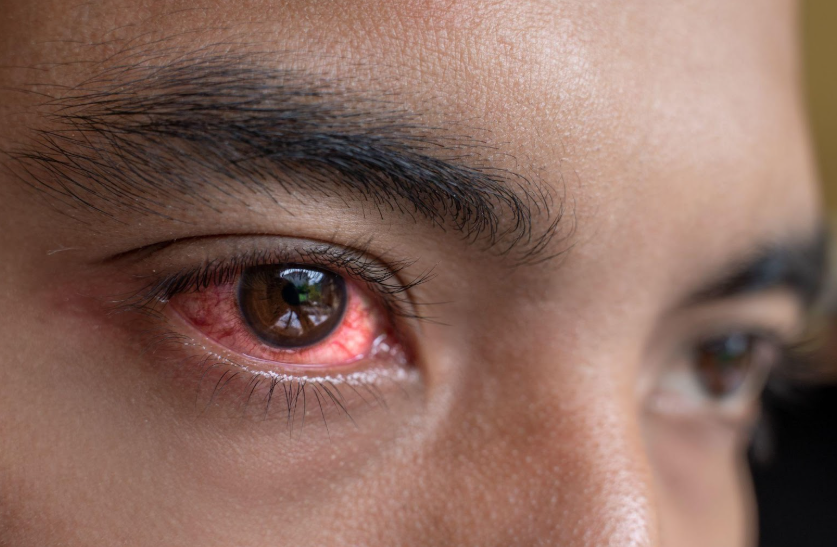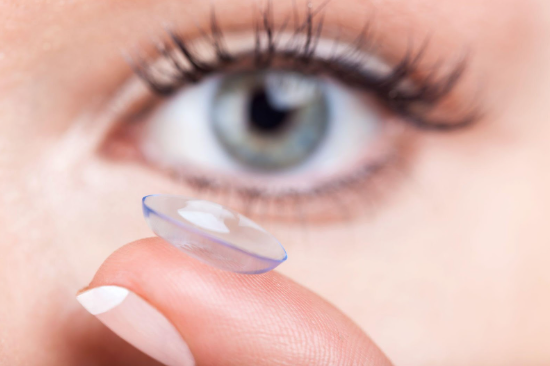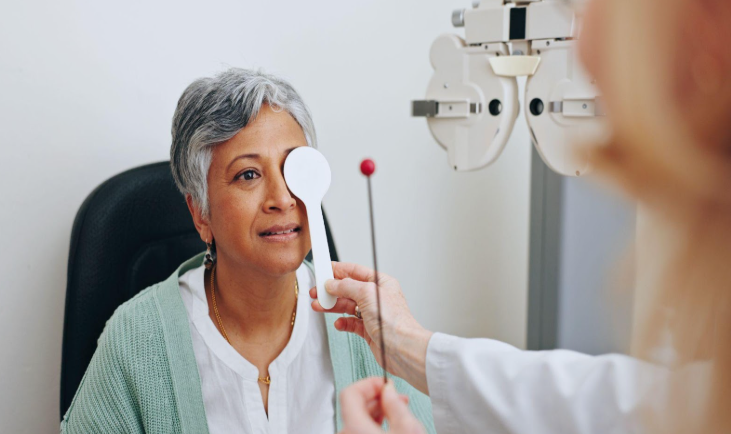Dry Mouth, Dry Eyes: Understanding the Link and How to Treat Both
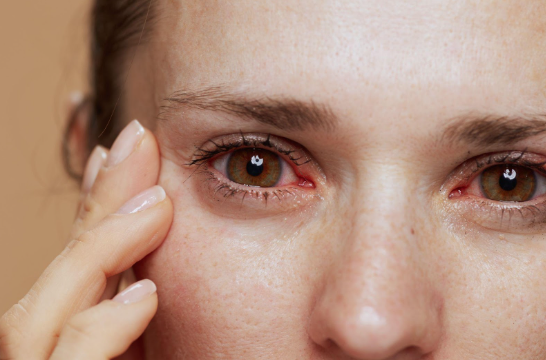
Dry mouth (xerostomia) and dry eyes (keratoconjunctivitis sicca) are two common yet often misunderstood conditions that affect millions of people worldwide. Though they may seem unrelated, these conditions share a significant connection and can often occur together. Understanding this connection and the latest treatment options is important for anyone experiencing discomfort from these issues.
Read on as we take a closer look at dry mouth and eyes, the interlink between both, and how to treat these conditions.
The Link Between Dry Mouth and Dry Eyes
The most notable connection between the two is autoimmune disorders, particularly Sjögren’s syndrome, a condition where the immune system attacks moisture-producing glands. This can result in both dry mouth and dry eyes.
What Is Xerostomia (Dry Mouth)?
Xerostomia is a condition that occurs when the salivary glands don't produce enough saliva to keep the mouth moist. Saliva is essential for many functions, such as facilitating speech, swallowing, and preventing tooth decay. Common symptoms of dry mouth include:
- A sticky, dry feeling in the mouth.
- Difficulty swallowing and chewing food.
- Hoarseness or a dry throat.
- Cracked lips or sores inside the mouth.
- A burning sensation in the tongue or mouth.
Common Causes of Dry Mouth
Without it, you may experience discomfort, difficulty eating, and oral health issues. This can be caused by a variety of factors, including the following:
- Medications: Over 400 types of medications, including antihistamines, antidepressants, and blood pressure medications, can reduce saliva production.
- Dehydration: Not drinking enough fluids or losing too much fluid due to illness can result in dry mouth.
- Age: As people age, saliva production tends to decrease, especially in those over 65.
- Health conditions: Autoimmune diseases like diabetic retinopathy or Parkinson’s disease can also contribute to reduced saliva flow.
- Radiation therapy: People who undergo radiation treatment, particularly for head or neck cancers, often experience permanent or temporary dry mouth due to damage to salivary glands.
What Is Keratoconjunctivitis Sicca (Dry Eyes)?
Insufficient tear production or excessive evaporation of tears can result in dry eyes. Healthy tears are vital for keeping the eyes lubricated, washing away debris, and providing essential nutrients to the eye’s surface. When the eyes are dry, irritation and damage to the surface of the eye can occur. The symptoms of dry eyes are often linked to discomfort and can include:
- Intense grit or sand in the eyes.
- Redness or inflammation.
- Blurred vision, particularly when reading or using digital devices.
- Excessive tearing as the body compensates for dryness.
- Eye fatigue or heaviness.
Common Causes of Dry Eyes
Dry eyes, or a condition known as dry eye syndrome, can be caused by several factors that impact the quality or supply of tears. This includes the following:
- Age: As with dry mouth, the risk of developing dry eyes increases with age, particularly after 50.
- Systemic Diseases: HIV/AIDS, vitamin A deficiency, or neurological disorders can affect facial nerves and significantly impact the eyes.
- Medications: Many drugs, including antihistamines, decongestants, and blood pressure medications, contribute to reduced tear production.
- Hormonal Changes: Hormonal fluctuations, particularly in women, can influence tear production. Menopause and pregnancy are common contributors to hormonal imbalances.
- Prolonged screen time: Staring at a screen for long periods reduces blinking frequency, which can lead to increased tear evaporation.
Effective Strategies to Avoid Dry Mouth and Dry Eyes
Managing dry mouth and dry eyes involves a multifaceted approach. Treatment options can range widely, depending on the severity and underlying causes of each condition.
Hydration and Moisture
Increasing fluid intake is one of the most effective ways to manage both dry mouth and dry eyes, as it will produce adequate saliva and tears. It's recommended to drink water throughout the day, but avoid excessive caffeine or alcohol, as these can worsen dryness.
For dry eyes, artificial tear drops or lubricating eye gels are commonly used to relieve symptoms, maintain moisture, and provide temporary relief.
Saliva Stimulants for Dry Mouth
For chronic dry mouth, medications can help stimulate the salivary glands to produce more saliva. Saliva substitutes or oral gels can also be used to provide relief by mimicking the natural function of saliva. These products help keep the mouth moist and protect against tooth decay and other oral health problems.
Additionally, certain sugar-free chewing gums or lozenges can encourage saliva flow while also promoting oral health. Avoiding irritants like caffeine, alcohol, and tobacco can further aid in managing symptoms.
Environmental Modifications
Using a humidifier in your home or office can help maintain moisture levels in the air, reducing dryness in both the mouth and eyes. Taking regular breaks from screens can also help prevent digital eye strain. Dry eyes from extended screen time can be lessened by adhering to the 20-20-20 rule of looking at something that’s twenty feet away for over twenty seconds every twenty minutes.
When to Consult an Eye Specialist
Seek medical attention if you experience persistent dryness, redness, or irritation that doesn’t improve with over-the-counter remedies. Additionally, recurring eye infections, difficulty wearing contact lenses, or consistent discomfort during daily activities should not be ignored.
Through
comprehensive eye tests, you can also be evaluated for tear production and quality. Based on the diagnosis, you might be recommended advanced treatments, including prescription eye drops, punctal plugs, or therapies to improve oil gland function.
Are dry mouth or dry eyes disrupting your daily life? Our team of specialists at
South Shore Eye Care can offer you a tailored treatment plan that works best for your eye condition.
Schedule your eye exam with us today!



